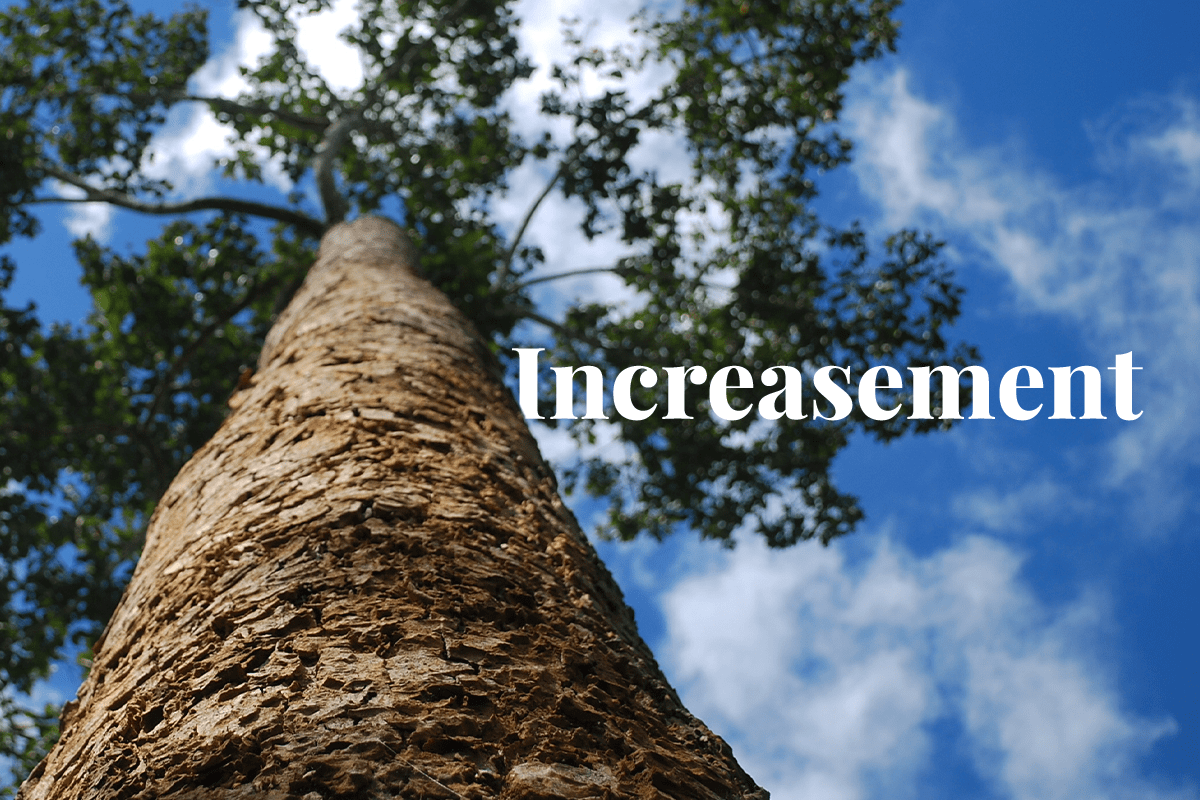According to a recent analysis, the cost of carbon offsetting for companies could significantly increase by 2030. A report by PriceWaterhouseCoopers (PwC) shows that the Financial Times Stock Exchange (FTSE) 350 companies spent a total of $47 million on voluntary carbon offset purchases in 2022. However, projections based on BloombergNEF’s forecasts indicate that the same volume of offsets could cost companies over $191 million—a staggering 256% increase—by the end of 2030.
 Bottom view of a large deciduous tree.
Bottom view of a large deciduous tree.
Furthermore, the report suggests that offset prices will continue rising until 2050, with costs for the same volume of offsets peaking at $441 million as companies strive to achieve their net-zero targets.
These findings raise concerns that companies may struggle to meet their goals if they fail to consider the rising offset prices in their strategies. Notably, approximately 80% of the offsets purchased by FTSE 350 firms in 2022 were classified as ‘avoidance offsets’, derived from projects that prevent environmental impact, such as renewable energy or deforestation.
Read more: Top 10 causes of deforestation
However, there is a growing consensus that avoidance offsets are inadequate and that only removal offsets generated from projects that extract or permanently store CO2 from the atmosphere should be permitted. Consequently, the researchers explored the potential impact on prices if avoidance offsets were discounted.
Under this scenario, the price increases were even more dramatic. The analysis reveals that the same volume of offsets purchased in 2022 for $47 million could cost an astonishing $599 million by 2030, reflecting a 1,051% surge. Projections under this scenario also indicate that prices could continue to rise, reaching a peak of $3.23 billion in 2037.
Read more: World Bank report highlights carbon pricing's role in climate solutions
The researchers further highlight that the energy sector alone could witness an average of 8.5% of its 2022 gross profits allocated to removal-only carbon offsetting by 2037 if these trends persist.
Ian Milborrow, a sustainability partner at PwC UK, cautioned that companies from all sectors must consider the financial implications of rising offset prices in their net-zero planning. To address these challenges, companies can explore strategies such as longer-term offset purchase agreements, developing internal carbon-pricing mechanisms, and prioritising decarbonisation efforts to reduce exposure to future offset price increases.
Milborrow also emphasised the importance of transparent and consistent disclosure of a carbon-offset purchasing strategy through annual and sustainability reporting, providing critical transparency and reassurance for investors.
Achieve net zero with DGB
Carbon offsets allow individuals, organisations, and companies to fund decarbonisation projects and technologies instead of solely relying on emissions reduction efforts. Nature-based solutions generating carbon credits are at the core of decarbonisation efforts worldwide, as an enhanced focus on replenishing nature can lead to a truly sustainable future and a thriving environment. Reducing emissions is not enough, and nature-based solutions offer companies the chance to ‘give back’ to nature. The nature-based projects developed by DGB Group serve precisely that purpose of enabling companies to achieve their sustainability goals while effecting real, transparent change.
Join us in ensuring a greener future for all



